Publications
Articles, publications, books, tools and multimedia features from the U.S. Institute of Peace provide the latest news, analysis, research findings, practitioner guides and reports, all related to the conflict zones and issues that are at the center of the Institute’s work to prevent and reduce violent conflict.
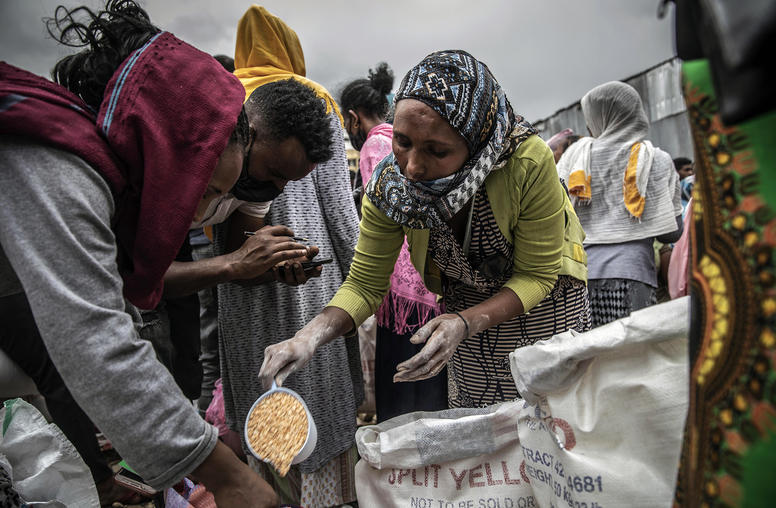
In Africa, Putin’s War on Ukraine Drives Food, Fuel and Finance Crises
Vladimir Putin’s unprovoked war on Ukraine has unleashed a wave of destruction and atrocities against its brave people. But the suffering and instability are not contained to Europe. Indeed, a continent away, Putin’s war has unleashed a “three-headed hydra” of food, energy and finance shortages in Africa, further threatening vulnerable Africans and putting dozens of countries at risk of default. Recognizing the need to tackle food insecurity, the Group of Seven (G-7) countries pledged billions more in assistance this week. But will it be enough given the severity of these challenges?
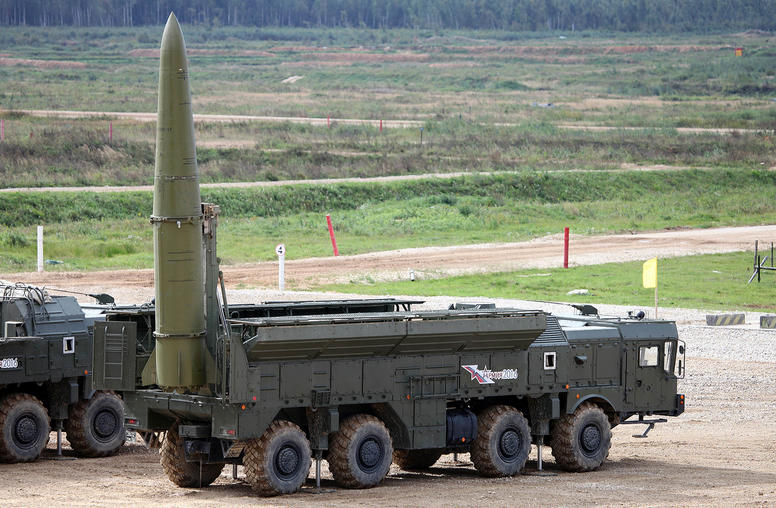
Possible Russian Nuclear Deployments to Belarus Could Shift Europe’s Nuclear Balance
During a meeting with his Belarusian counterpart on June 25, Russian President Vladimir Putin indicated that “within the next several months,” Russia intends to transfer Iskander-M missiles — which can carry both conventional and nuclear warheads — to Belarus and begin upgrading Belarusian Su-25 fighters to carry nuclear weapons. Most of the details of the deal remain unknown or to be determined. But should Putin’s promise turn out to be more than nuclear bluster — something Putin and other Russian officials have resorted to since the beginning of the Russian invasion of Ukraine — the deployment could remake the nuclear balance in Europe and increase the risk of a potential NATO-Russia conflict occurring.
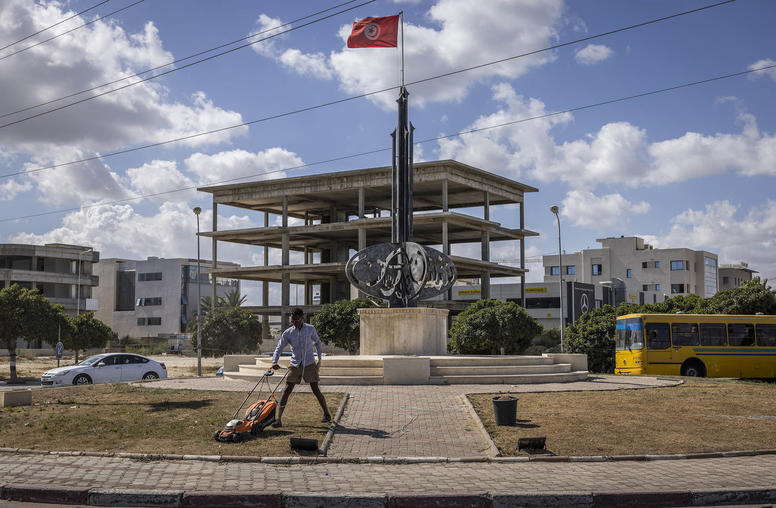
Tunisia's Twin Democracy and Economic Crises Push it to the Brink
Last July, Tunisian President Kais Saied suspended parliament in what many observers called a bloodless coup. Saied’s supporters — of which there are many — claim that this extreme executive action was necessary to root out rampant government corruption and ineffectiveness. Polling at the time showed widespread dissatisfaction with the performance of parliament and the prime minister; many Tunisians felt that their high expectations following the 2011 popular revolution were not realized and that the country was heading in the wrong direction.
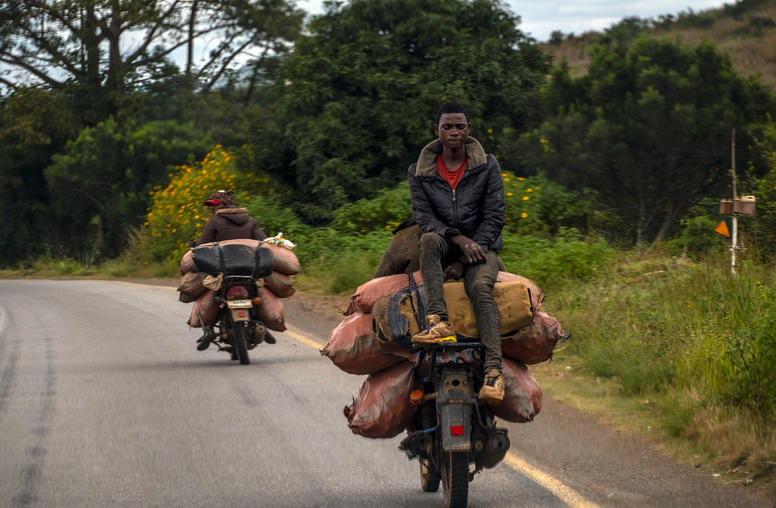
To Counter Russia’s Aggression, Invest in Africa
The current struggle by Western democracies to isolate Russia over its assaults on Ukraine and international rule of law will be costly to sustain. Spiking prices for fuels, fertilizers and foods that Russia exports are risking wider socio-economic instability in many countries. A long-term solution must include a Western partnership to invest economically and politically in Africa, arguably Russia’s most formidable potential economic competitor. This strategy can strengthen a rules-based world against economic coercion by authoritarian powers, stabilize African democracies by enabling them to deliver for their people and strengthen international institutions and laws by including African countries more fully in them.
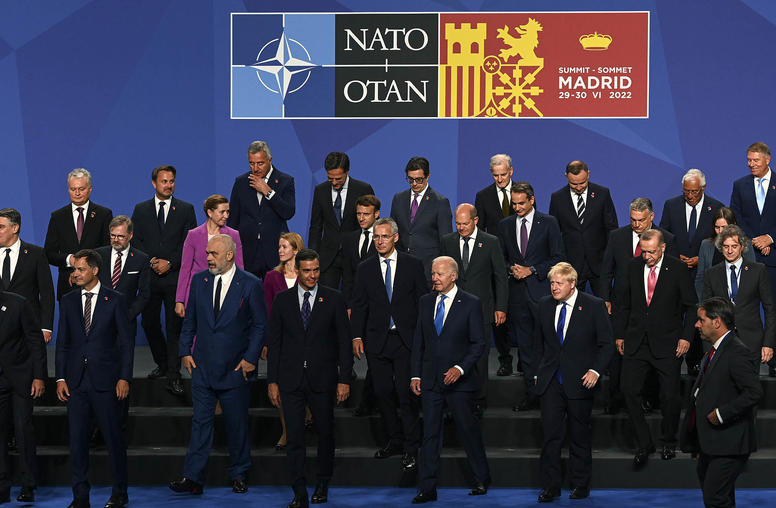
The West Must Sustain Support for Ukraine Shown at Madrid
As the world’s democracies confront an authoritarian ruler’s military aggression, they have an institution with which to respond — a NATO that just demonstrated its readiness at Madrid — that Churchill might have wished for in June 1940.
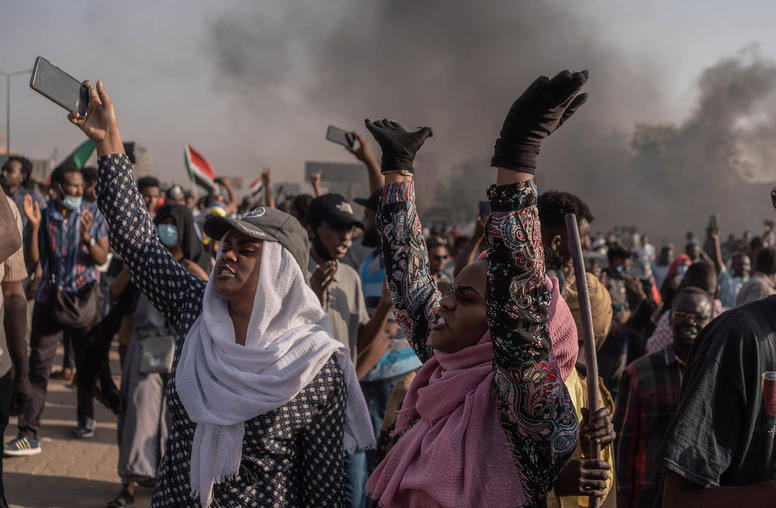
In Sudan, a Narrow Opportunity to Get the Democratic Transition Back on Track
The surprise announcement by Gen. Abdel Fattah al-Burhan, the leader of Sudan’s coup government, that the military is willing to hand power back to civilians presents an opportunity to get the democratic transition back on track.
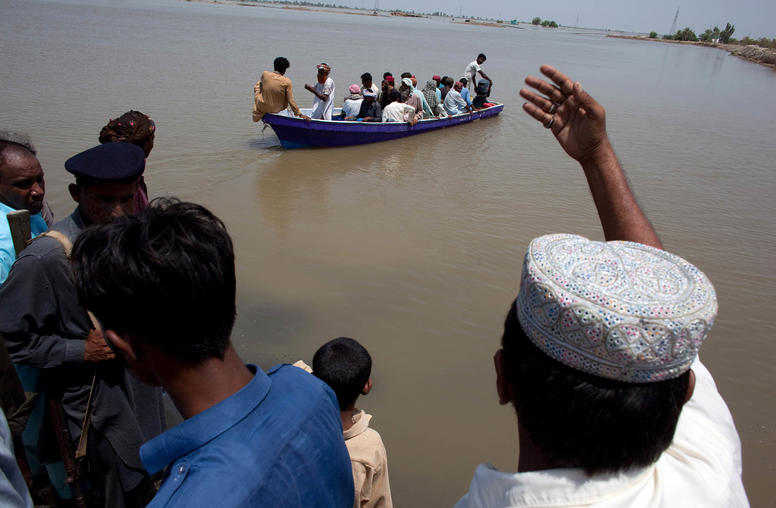
Pakistan’s Climate Challenges Pose a National Security Emergency
Pakistan is in the midst of a terrible heatwave, with the temperatures in parts of the country exceeding 120 F. April was the hottest month in the past 61 years, until May came along and saw warmer temperatures. At least 65 people have reportedly died due to the heatwave, but the actual numbers are certainly higher, and it’s caused massive flooding and infrastructure damage in Gilgit-Baltistan, water shortages in Karachi and broader Sindh province, and placed greater demands on the country’s weak electrical grid. Despite monsoon rains beginning in late June — causing at least 77 deaths — many parts of the country still swelter. Pakistan should treat these climate disasters as a full-fledged national security emergency before they stoke conflict that adds further stress amid the country’s other numerous challenges.
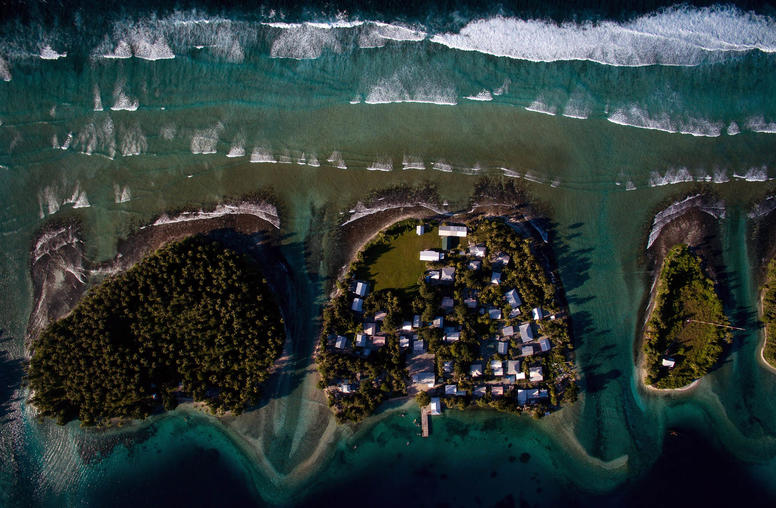
Pacific Islands Forum: Leaders Want to Focus on Climate Change, Not Geopolitics
The annual Pacific Islands Forum (PIF) Leaders Meeting will convene next week in Suva, Fiji, against the backdrop of increasing geopolitical competition in the region. But as the United States and its partners grow increasingly wary of China’s strategic interests in the Pacific Islands, leaders of PIF member states seek to shift regional attention to their greatest security concern: climate change.
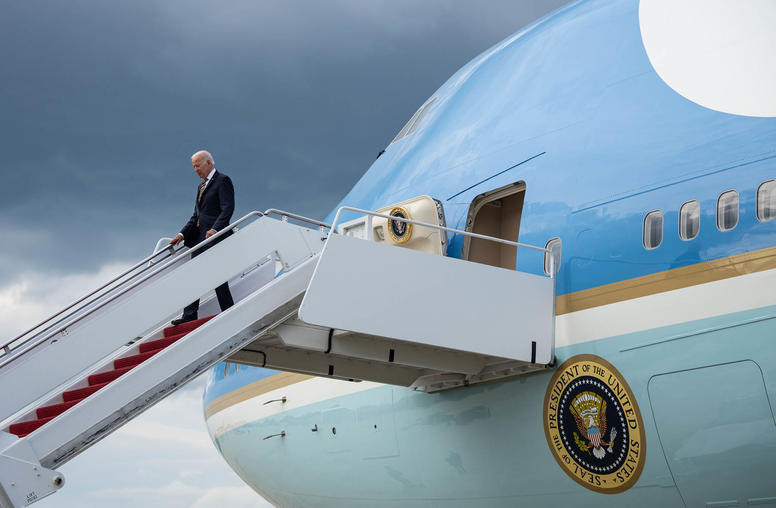
Biden’s Trip, and Ukraine’s War, Could Boost the Abraham Accords
President Biden’s Middle Eastern diplomatic mission this week contrasts with news reports and public discussion in the past year suggesting that the region has become a lesser priority for U.S. foreign and security policy. Biden’s visits to Saudi Arabia, Israel and the Palestinian West Bank territory build on a reality that Middle Eastern states have been knitting new relations, notably via the 2020 Abraham Accords. They are doing so in ways that Biden’s visit, and overall U.S. diplomacy, can advance.

Colombia’s New Administration Raises Hopes for ‘Total Peace’
Hopes for lasting peace in Colombia are soaring. Last month, Gustavo Petro and Francia Márquez prevailed in Colombia’s runoff presidential election and will lead the country’s first-ever progressive government, as president and vice president, respectively. Their historic victory culminates an electoral cycle marked by a resounding rejection of Colombia’s establishment elites. Petro’s proposals for what he has coined “Total Peace” offer an ambitious approach to negotiating with armed groups, implementing prior peace accords, and pursuing national unity amid debilitating socio-political polarization. The country stands before an undeniable opportunity to lay the foundation to end its six-decade conflict, even if subsequent governments will have to sustain these efforts to truly reap the long-term benefits.